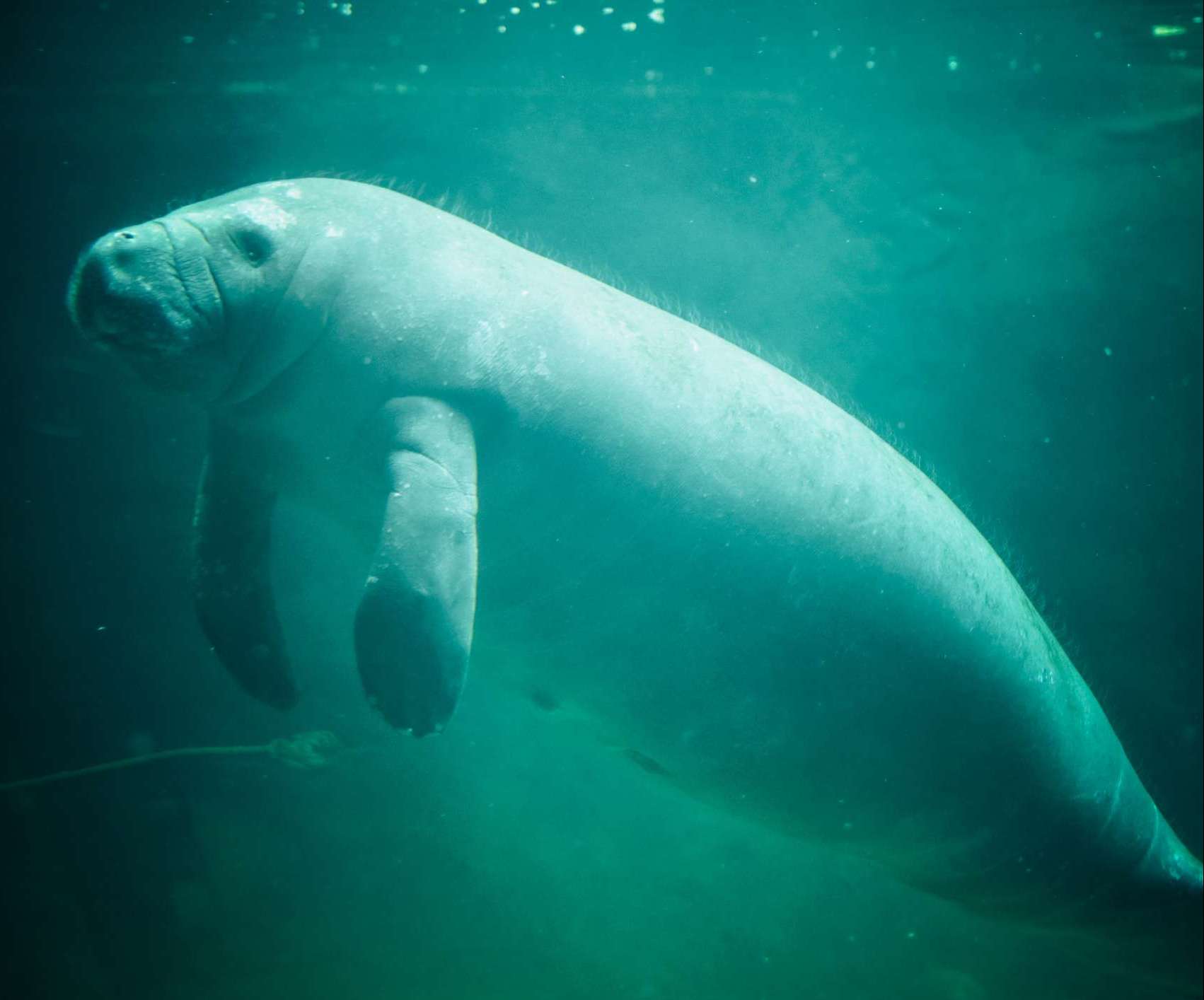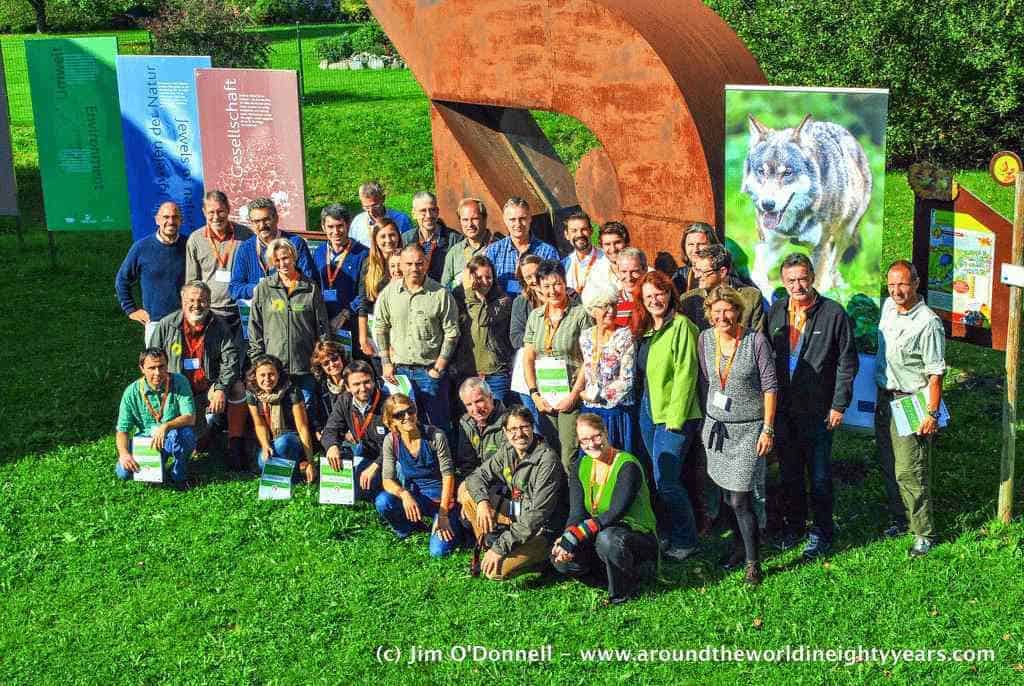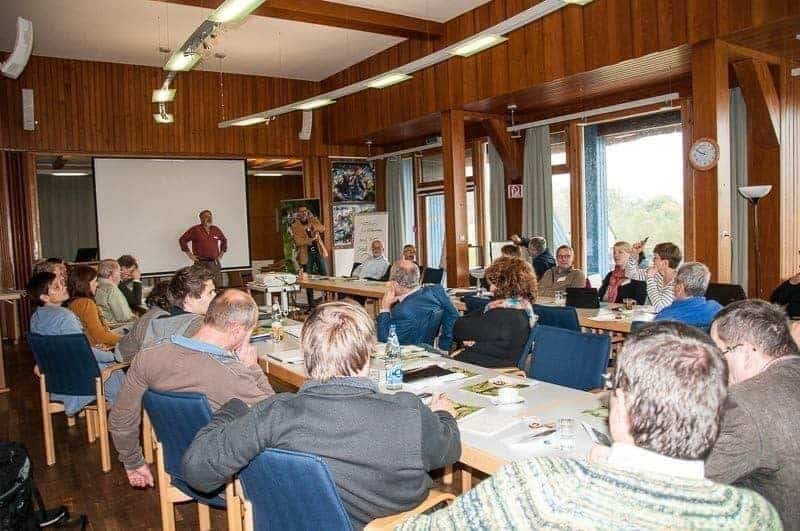Magical marine creatures are almost extinct
Conservation experts have long warned humanity about possible consequences of biodiversity loss, but we are still at risk of losing several iconic species in the next decades. “Sea cows” that conjured up stories of beautiful mermaids are now moving towards the brink of extinction. Soon, seeing them in the wild may become as impossible as seeing a real mermaid.
The official name of these animals is the dugong (Dugong dugon). They are unique creatures, as they are the only completely vegetarian marine mammal (their cousins, the manatees, can be found in freshwater) and live on a diet of sea grasses, living them the nickname of “sea cows”. Dugongs can be found living near the coasts of around 40 countries, with the highest population in Australia due to its sparsely populated coast and high proportion of sea grass meadows. They are very long-lived, reaching ages of over 70 years. Unfortunately, this leaves them vulnerable to extinction.
Dugongs are threatened by habitat loss, bycatch and hunting. In fact, their closest modern related species, the enormous Steller’s sea cow, went extinct in the 18th century due to hunting. They already feature on the on the Red List of endangered species, and are almost wiped out from some parts of the world. At the start of 2022, the dugong was declared functionally extinct in Chinae.
The International Union for Conservation for Nature (IUCN) , shared the latest findings with attendants of the UN biodiversity conference (COP 15). World leaders were meeting in Canada to try to agree on solutions for tackling nature loss. The timing could not be more urgent, as we are in the midst of an extinction crisis which threatens the survival of a million species on Earth. A crucial aim of this meeting was the global protection 30% of land and sea by 2030. During the conference researchers warned the public about urgent need in addressing the risk of losing the services we gain from oceans, from food to climate regulation. The representatives of the IUCN committee emphasised that the world cannot afford to lose another species at this rate of biodiversity decline.









